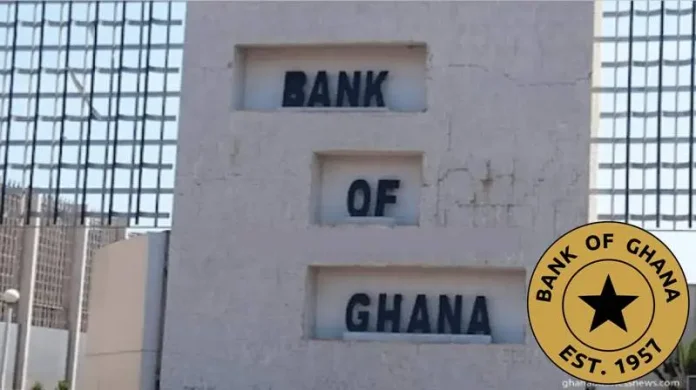The Bank of Ghana has suspended the remittance licenses of nine financial institutions, including Nigerian fintech unicorn Flutterwave, for unauthorized foreign exchange activities that violated national remittance guidelines.
The one-month suspensions, effective September 18, affect three payment service providers (PSPs), five money transfer operators (MTOs), and United Bank for Africa Ghana. The action follows what regulators described as “multiple violations of the foreign exchange market regulations” and inward remittance guidelines.
Flutterwave, which secured remittance service approval from the Bank of Ghana in March, faces suspension alongside Cellulant Ghana Limited and Halges Financial Technologies (Korba). The affected money transfer operators include Send App from Flutterwave, Afriex, Taptap Send, Top Connect, and Remit Choice.
According to Bank of Ghana statements, the suspended PSPs conducted unauthorized remittance activities on behalf of the affected MTOs through their settlement bank, UBA Ghana. The central bank stated that its action followed “various breaches of the updated guidelines for Inward Remittance Service by Payment Providers 2023” as amended by regulatory notices.
UBA Ghana faces particularly severe sanctions, with all remittance partnerships between the bank and digital financial service providers suspended, requiring re-application after the suspension period. The bank was held liable for facilitating unauthorized activities between the PSPs and MTOs.
Halges Financial Technologies faces the strictest penalties, being completely prohibited from engaging in any remittance activities until receiving prior Central Bank approval. This represents a significant escalation beyond the standard one-month suspension applied to other institutions.
The suspensions mark a dramatic reversal for Flutterwave, which had been expanding its Ghana operations throughout 2025. The company received enhanced PSP licensing in August 2024 and remittance service approval in March 2025, positioning itself as a key player in Ghana’s digital payments landscape.
The regulatory action affects major money transfer services popular among Ghanaian diaspora communities. Taptap Send and Afriex serve significant customer bases for international remittances, while Send App represents Flutterwave’s direct money transfer offering.
Bank of Ghana officials emphasized that the suspensions stem from systematic violations rather than isolated incidents. The institutions allegedly operated outside authorized parameters, potentially undermining regulatory oversight of foreign exchange flows into Ghana.
The timing coincides with increased regulatory scrutiny of fintech operations across West Africa. Similar enforcement actions in other regional markets have highlighted tensions between innovative financial services and established regulatory frameworks.
For affected customers, the suspensions mean temporary disruption to remittance services during the one-month period. Alternative licensed providers remain available for international money transfers, though market capacity may face strain from redirected transaction volumes.
Industry observers note that the Bank of Ghana’s decisive action signals stricter enforcement of financial regulations despite the economic importance of remittance flows. Ghana receives billions of dollars annually in diaspora remittances, making regulatory compliance crucial for maintaining these financial inflows.
The suspensions also highlight challenges facing rapidly growing fintech companies in navigating complex regulatory environments across multiple jurisdictions. Flutterwave’s unicorn status and regional expansion have not shielded it from enforcement actions when regulators identify compliance failures.
Following the suspension period, affected institutions must re-apply for partnerships and demonstrate compliance with updated guidelines. The Bank of Ghana warned that future violations would attract additional regulatory sanctions in accordance with applicable laws.
The enforcement action represents one of the most significant regulatory interventions in Ghana’s fintech sector, affecting major international and domestic players simultaneously. The outcome may influence how other African regulators approach fintech oversight and compliance enforcement.
Recovery from these suspensions will require affected companies to strengthen compliance frameworks and rebuild regulatory relationships. The reputational impact may extend beyond Ghana, potentially affecting operations in other African markets where these companies operate.
Source: newsghana.com.gh











